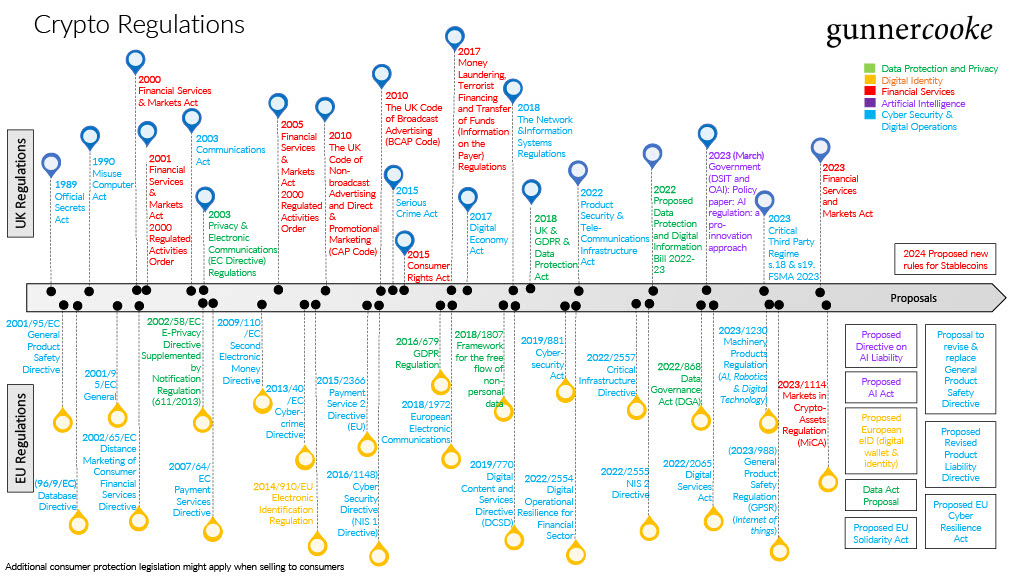- People
- Expertise
Our expertise
We are a team of more than 500 professionals, with the depth of experience which makes us genuine experts in our fields. Together, gunnercooke’s people have strength across just about every corporate discipline and sector. We provide legal, commercial and strategic advice that delivers real value to the clients we work with, which span from multinational enterprises through to unicorns and non-for-profit organisations. Our breadth of expertise covers some of the most interesting and important emerging disciplines, from ESG and charity law, to blockchain and competition.
Search by practice areaDispute ResolutionDispute Resolution OverviewMeet the Dispute Resolution TeamIntellectual Property DisputesFinancial Services & FinTech OverviewProceeds of CrimeEmployment TribunalTax InvestigationProperty Dispute ResolutionInsolvency DisputesMediationCivil Fraud & Asset TracingHealth & SafetyBusiness Crime & InvestigationsLitigation & ArbitrationInternational Arbitration - International
International Offices
The gunnercooke group has 15 main global offices across England, Scotland, the US, Germany and Austria, with further plans for growth in the coming years. These offices enhance the existing in-house capability of our dedicated international teams and dual-qualified experts that cover Spain, France, Italy, Portugal, Brazil, China, India, Poland and Hungary. Our team have clients across 123 jurisdictions, speak 46 languages and are dual-qualified in 21 jurisdictions. Our expertise means we can offer large teams to carry out complex cross-border matters for major international clients.
- Our story
Our story
gunnercooke is the fastest growing corporate law firm in the UK, now making its mark globally. We comprise a rapidly growing number of experts spanning legal and other disciplines. Clients benefit from flexible options on fees to suit their needs, access to a wider network of senior experts throughout the relationship, and legal advice which is complemented by an understanding of the commercial aspects of running a business.
- Reading Room
- News & Insights

Founders of crypto projects usually anticipate the requirement to clear any financial services regulatory hurdles. In addition, they should consider the other regulations which might apply to the operation of their business model, their tech-stack or their sales practices.
Data Protection, Data Brokerage and Digital Identity
Data protection law has evolved since the General Data Protection Regulation (GDPR) in 2016. The GDPR applies to personal data, while recent laws such as the Data Governance Act protect other forms of data. The EU’s proposed Data Act aims to further govern the use of data across the EU, including the operation smart contracts.
Blockchain’s immutable and transparent nature means that blockchain entities should be aware of these data protection laws.
Entities acting as data brokerages, data warehouses or databases should also consider these data protection laws and how they interact with the laws governing digital identities and digital platforms.
‘Internet of Things’, Digital Operations, Cyber Security and Artificial Intelligence
Recent developments in artificial intelligence and computing capabilities have enabled a comprehensive and interoperable digital economy. This is turn has increased our online vulnerability, and a need for increased cyber awareness and security. Governments are trying to keep up by legislating for cyber crimes, and regulating the areas of digital services and operations, the ‘internet of things’ and artificial intelligence.
Entities leveraging emerging technologies and sales practices should remain aware of the relevant regulations and either stay outside scope, or comply.
The illustration below demonstrates the key regulations which crypto entities should consider.

To contact Ash, or read more about her practice, click here.






